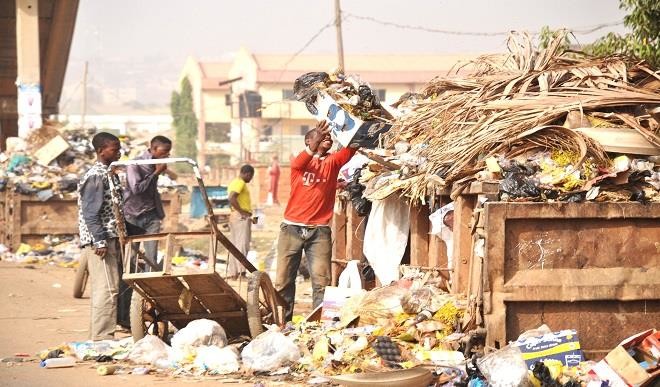WaterAid canvasses for special fund for water, sanitation
The country representative of WaterAid Nigeria Dr. Michael Ojo has stressed the need for the establishment of a special trust fund for the water sector as a way of ensuring access to Water, Sanitation and Hygiene. Ojo who made the call at the WASH school proposal writing and award presentation in Abuja noted that lack […]


The country representative of WaterAid Nigeria Dr. Michael Ojo has stressed the need for the establishment of a special trust fund for the water sector as a way of ensuring access to Water, Sanitation and Hygiene.
Ojo who made the call at the WASH school proposal writing and award presentation in Abuja noted that lack of adequate financing and poor budgeting to the water sector has been the most important challenges that have plagued the sector for a long time.
“Government has not invested in WASH for a long time now, there has been drastic reduction in the budgetary allocation to the Ministry of Water Resources over the years, so lack of funding is a major challenge to WASH in Nigeria, 2 per cent of the GDP is needed to improve the water sector, we need a national sanitation programme, the present Minister of Water Resources have promise to implement the national sanitation policy,” he said.
According to him, in 2015, the UNICEF/WHO joint monitoring programme (JMP) reports revealed that Nigeria has recorded practically no progress in the areas of sanitation and hygiene. It was highlighted that since 1990 , only 9 per cent of Nigerians have gained access to improved sanitation and only 12 per cent of the population have a hand washing facility with soap and water at home, he said.
“Similarly, around 68000 children under the age of five die from diseases caused by the nation’s poor level of access to safe water, sanitation and hygiene (WASH). This clearly shows the need to escalate and push sanitation and hygiene interventions and promotion up to the development agenda,” Ojo said.
He said the overall aim of their campaigns has been to promote and secure poor people’s rights and access to safe water, basic sanitation and improved hygiene (WASH) while advocating for the essential role of WASH as a basic need in human development.
